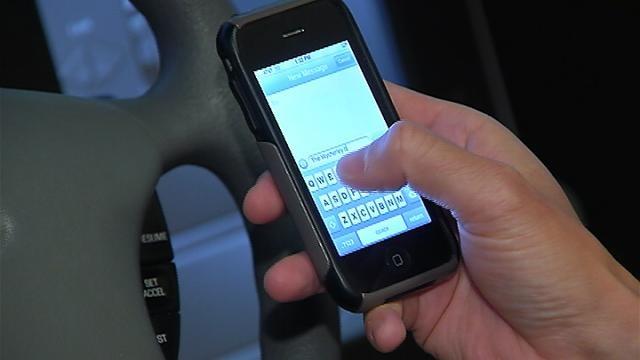Florida is one of only a handful of states where officers cannot pull over drivers for texting while driving. That could soon change if a new bill in the state legislature is passed.
Currently, distracted driving is considered a secondary offense in Florida, meaning officers can only issue citations for texting if the driver is first pulled over for other offenses.
Two new “Texting While Driving” bills, House Bill 121 and Senate Bill 90, aims to change the laws, making distracted driving a primary offense. This would allow police to ticket drivers who text without needing another reason to pull them over.
“All too often we hear of the tragic stories of families that have been affected by someone who was texting behind the wheel,” said Senator Keith Perry, who is sponsoring Senate Bill 90. “I’m proud to sponsor this vital piece of legislation that will make texting and driving a primary offense in the State of Florida and join the many other states who have answered the call for safer roadways.”
The National Safety Council says more than 100,000 crashes a year involve drivers who are texting.
According to Virginia Tech Transportation Institute Research, distracted drivers increased the risk of a crash or near-crash by two times, taking their eyes off the road for an average of 23 seconds total.
“It’s time to strengthen the law,” the FL DNT TXT N DRV Coalition told the Miami Herald. “Drivers who choose to text and drive are a danger not only to themselves, but to everyone else on the road.”
The Herald reports that 14 states and Washington, D.C., prohibit the use of mobile devices by drivers at all times, while only a handful of states, including Florida, list texting and driving as a secondary offense.
Florida House Speaker Richard Corcoran told WTSP that it’s time for the state to get tougher in order to make roads safer for all drivers.
“Ninety-two percent of all drivers admit in the last thirty days to texting and driving,” Corcoran told the station. “So if we can curb that behavior, and eliminate 200-plus deaths and 50,000 accidents [from Florida roads], it’s going to be a great benefit.”

